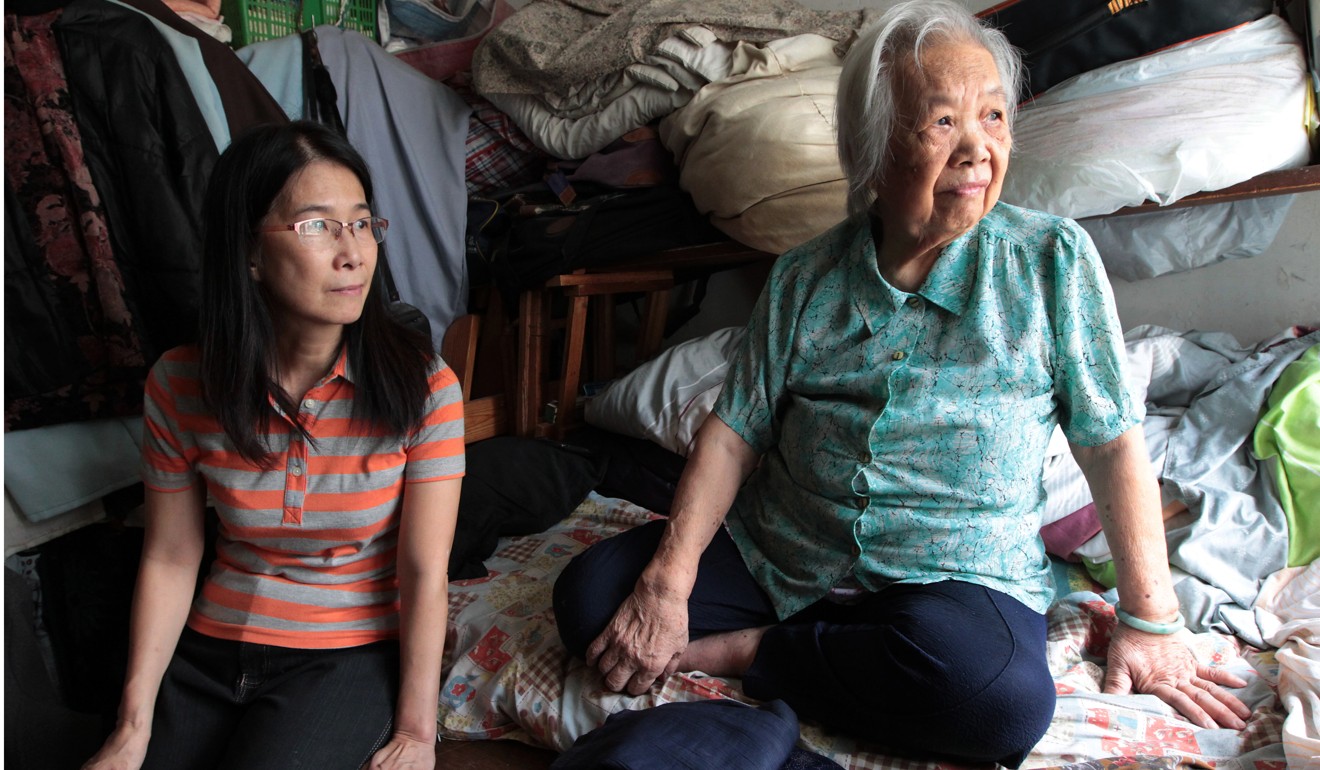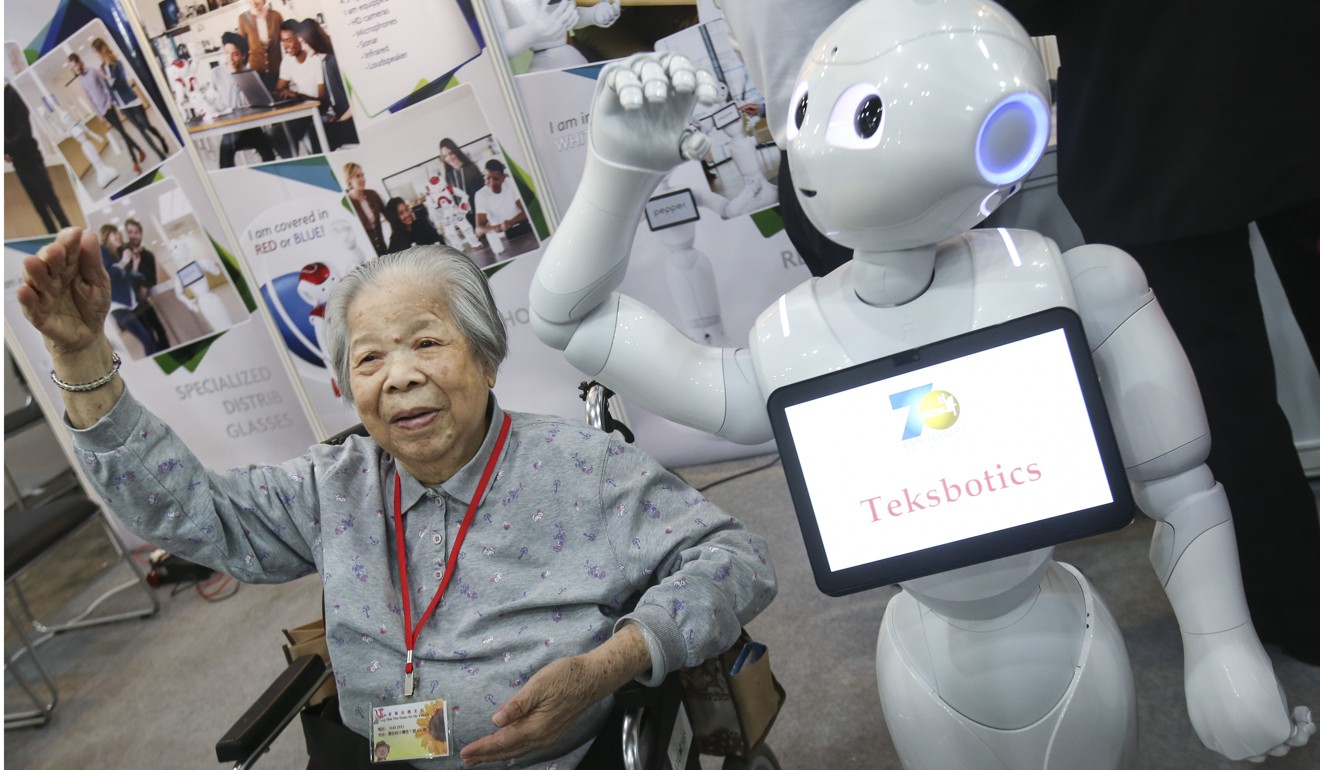
Hong Kong’s miserly approach to elderly care is nothing to be proud of
Stuart Gietel-Basten says the chief executive’s modest proposals in her policy address will not break the bank, but that is because they are far from adequate in meeting the challenges of a fast-ageing society
Many are reluctant to be a burden on their family and the community, but they have no choice but to depend on family and charity.
Will Hong Kong’s ageing population be financially fit in retirement?

The already tremendous stress on the elderly care system is only set to increase. The number of dementia patients alone is forecast to triple to some 300,000 over the next 30 years. This debilitating disease is regarded as a threat to public finances in most countries by itself.
If we want to see a truly transformative approach ... it may well be necessary to pay for it
Another problem is, though ever more carers will be needed, without adequate support, incentives and training, it will remain an unpopular profession in the labour market. As is so often the case, the easy path is taken: simply employ more migrants. But how Hong Kong will compete for such migrant carers in an ever-ageing region and world is, however, not clear.
‘Matter of time’ before Hong Kong imports carers for elderly, labour minister says

Hong Kong must not miss out on tech revolution for the elderly
Social security for the elderly is only mentioned in relation to the schemes to enable local pensioners to retire on the mainland. However, the total number of such retirees has been falling even as the number eligible for the scheme has been increasing. Coupled with the rising costs of living on the mainland (noting that the current Old Age Allowance is just HK$1,325 per month), it is hard to envisage a major expansion in this area. While the Portable Comprehensive Social Security Assistance is more generous for retirees who move to the mainland, fewer than 0.1 per cent of the eligible population has taken up the offer. The fact applicants are required to surrender their public housing unit or delete their name from the tenancy makes this, like the reverse mortgage, a risky venture.

Explain This: what does it mean to be poor in Hong Kong, and how many people live in poverty?
If we want to see a truly transformative approach to how our older population is treated in society, it may well be necessary to pay for it. A fair pension system for all; infrastructure development to create a truly age-friendly city; decent social care for dementia patients and others suffering from long-term, chronic illnesses; lifting the one-third of all Hong Kong pensioners out of poverty – all of these things cost money, and experience from elsewhere tells us that the state is best placed to implement these changes.
Maybe, then, rather than being proud to state that the ageing population is not a threat to public finances, we should be asking the government why it isn’t.
Stuart Gietel-Basten is associate professor of social science and public policy at the Hong Kong University of Science and Technology

